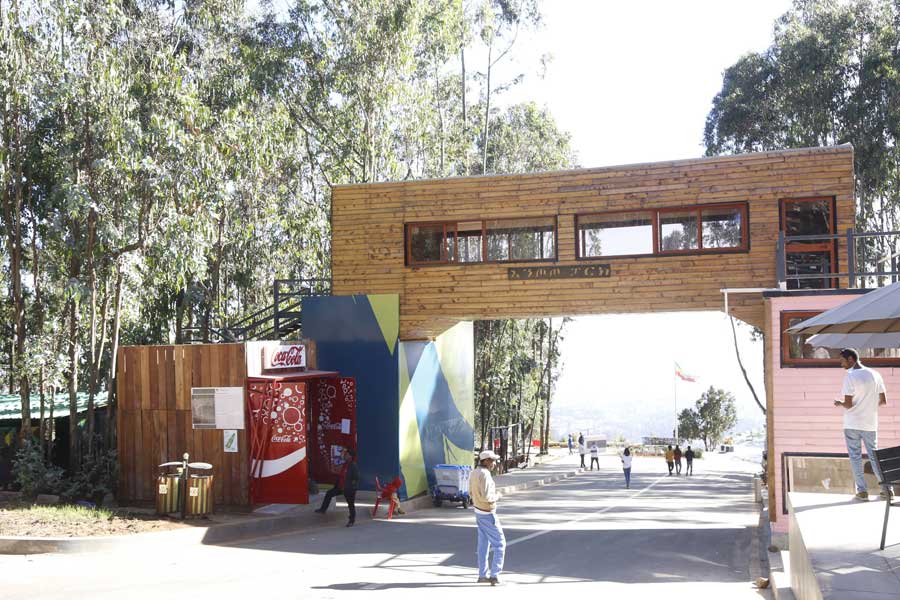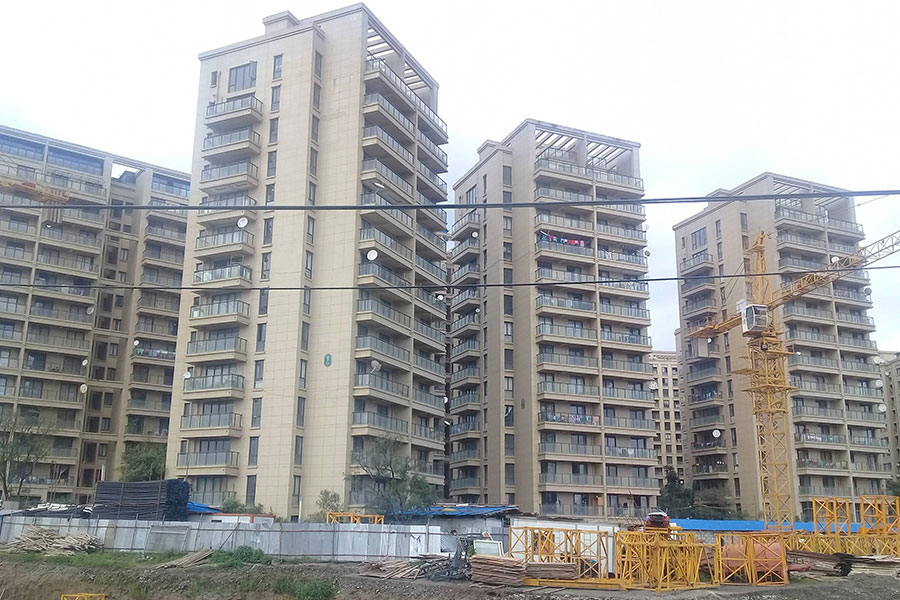
Agenda | Jan 23,2021
Jun 5 , 2021
By Eden Sahle
Years back, I used to work on court story reporting for this publication, which eventually allowed me to network with judges at first, high and supreme courts. When we first met, almost all of them used to be annoyed at my reporting as they wanted to keep the case they were adjudicating private, especially when the trial was ongoing. Eventually, when they found out that I am also a law graduate, we got along. We discussed laws and legal articles and learnt a great deal about the systems of the country.
Out of the many things that staggered me about them was how senior judges serving for decades were earning far less than I used to make as a fresh graduate. Judges are underpaid and lack proper security. It is a career they practice with intimidations coming their way from every corner. They have been beaten up, harassed, insulted and ridiculed for using public transportation on social engagements by the individuals whose case they adjudicated.
Judges are not regular public servants since they cannot form unions or bargain collectively for salary raises and protection. To involve in any of these actions would imply that the judicial system could be bought by parliament or those in the executive part of the government. Hence securing appropriate compensation for judges should have been a constitutionally recognised component of judicial independence, setting interrelated principles to ensure the rule of law applies fairly to all branches of the government.
One essential way of ensuring judicial independence is guaranteeing judges a fair payment at all times determined independently from the executive and the legislature. This will help attract high-quality legal talent to the multiple levels of courts and retain experienced judges in the office rather than losing them to other professions or private practice.
Undeniably, in a developing country like Ethiopia, where household wages are low and about a quarter of the population lives under the poverty line, the public has learned to survive on low incomes. Combined with a lack of strong institutions, justice is frequently thought to be bought and not granted by law. Indeed, judges, like many a public servant, fall prey to influence by individuals willing to bribe.
Although neglected, the right to a sufficient salary that ensures an existence worthy of human dignity is a fundamental human right. The International Labour Organisation (ILO), to which Ethiopia is a member, identifies the right to an adequate living wage for everyone as one of the conditions for universal and lasting harmony and social justice.
Similarly, the United Nations Basic Principles on the Independence of the Judiciary & the Bangalore Principles of Judicial Conduct lays out systems for the appointment of judges, security of their tenure, adequate financial remuneration, promotion and accountability.
Aside from offering a salary that allows professionals to afford basic needs, there are economic pressures to ensure a fitting income increase. Wages are not just a cost of production for employers but a source of spending that could have multiplier economic benefits for the nation. Better wages translate into more spending, improving demand and supply to follow with it.
The existence of independent and impartial courts and adequately paid judges is vital for the rule of law to earn its due respect. Judges should be there to guarantee justice in full, considering only the facts of the case and the law, not how they can make cash out of a given case.
Strengthening the courts by making them autonomous and financially empowered is compulsory for accountability to prevail. Without these, the justice system will remain compromised. Judges should be allowed to exercise their vital roles fully where they do not feel threatened and underpaid. Otherwise, there is a severe risk that a culture of impunity will be further entrenched.
PUBLISHED ON
Jun 05,2021 [ VOL
22 , NO
1101]

Radar | Jun 15,2019

Radar | Jan 14,2023

Commentaries | Jan 07,2024

My Opinion | Jan 30,2022

Fortune News | Aug 28,2021

My Opinion | 131967 Views | Aug 14,2021

My Opinion | 128357 Views | Aug 21,2021

My Opinion | 126294 Views | Sep 10,2021

My Opinion | 123910 Views | Aug 07,2021

Dec 22 , 2024 . By TIZITA SHEWAFERAW
Charged with transforming colossal state-owned enterprises into modern and competitiv...

Aug 18 , 2024 . By AKSAH ITALO
Although predictable Yonas Zerihun's job in the ride-hailing service is not immune to...

Jul 28 , 2024 . By TIZITA SHEWAFERAW
Unhabitual, perhaps too many, Samuel Gebreyohannes, 38, used to occasionally enjoy a couple of beers at breakfast. However, he recently swit...

Jul 13 , 2024 . By AKSAH ITALO
Investors who rely on tractors, trucks, and field vehicles for commuting, transporting commodities, and f...

Jul 5 , 2025
Six years ago, Ethiopia was the darling of international liberal commentators. A year...

Jun 28 , 2025
Meseret Damtie, the assertive auditor general, has never been shy about naming names...

Jun 21 , 2025
A well-worn adage says, “Budget is not destiny, but it is direction.” Examining t...

Jun 14 , 2025
Yet again, the Horn of Africa is bracing for trouble. A region already frayed by wars...

Jul 6 , 2025 . By BEZAWIT HULUAGER
The federal legislature gave Prime Minister Abiy Ahmed (PhD) what he wanted: a 1.9 tr...

Jul 6 , 2025 . By YITBAREK GETACHEW
In a city rising skyward at breakneck speed, a reckoning has arrived. Authorities in...

Jul 6 , 2025 . By NAHOM AYELE
A landmark directive from the Ministry of Finance signals a paradigm shift in the cou...

Jul 6 , 2025 . By NAHOM AYELE
Awash Bank has announced plans to establish a dedicated investment banking subsidiary...